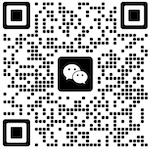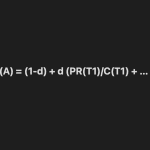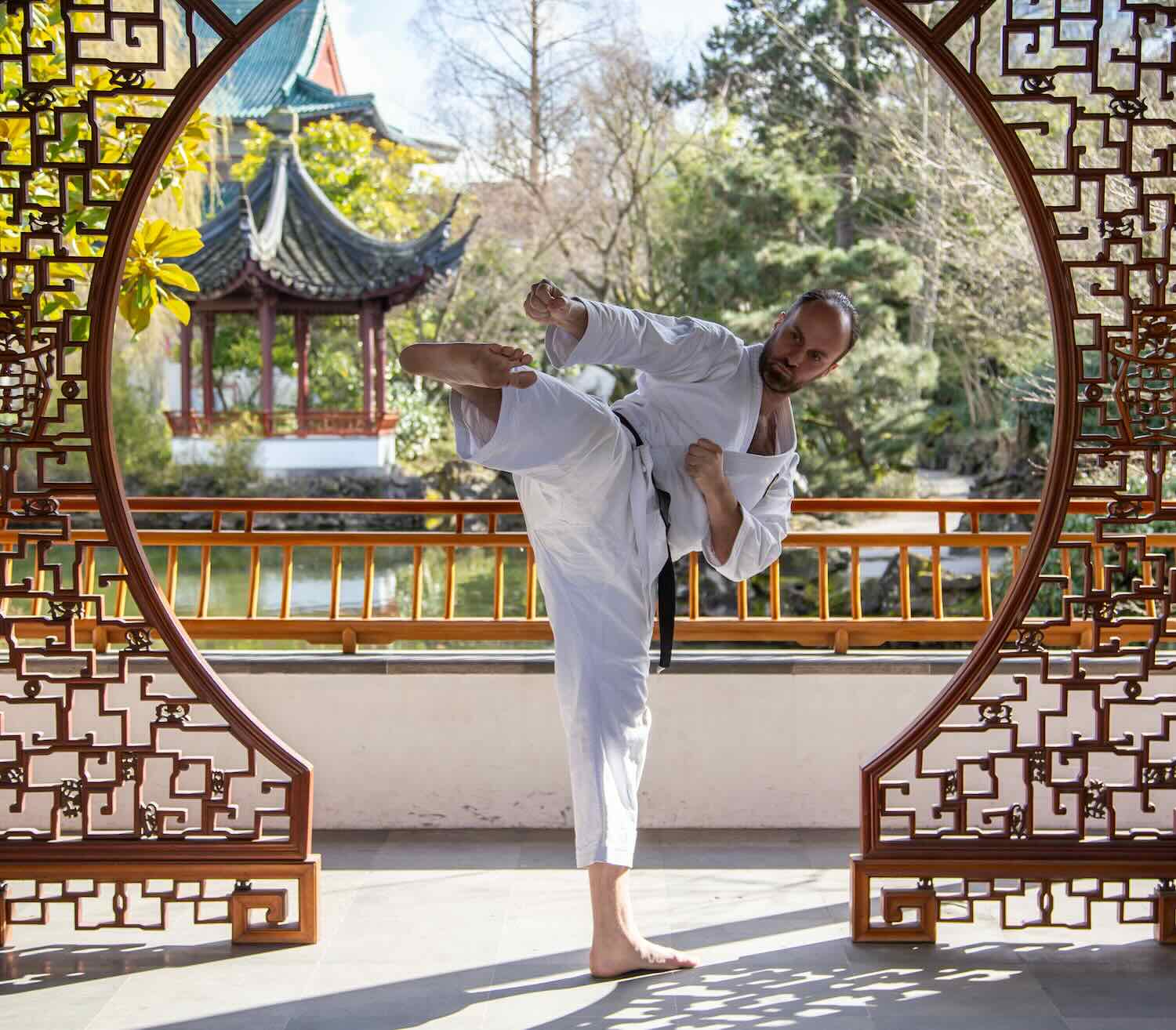“Whatever an education is, it should make you a unique individual, not a conformist”
— John Taylor Gatto
There is more to an education person than the knowledge he acquires within the walls of a classroom or through the pages of a book.
Self-Awareness & Self-Knowledge
Self-knowledge —beyond our superficial likes and dislikes, strengths and weaknesses—is an essential part of being an educated person. No person or school in this world can grant you this knowledge and obtaining it is a lifelong quest.
1. Understanding Your Personal Reality
Learn about your family culture and the lives, goals, struggles, and setbacks of your immediate family and ancestors. This is the starting point toward understanding your personal reality.
For example, who among your family, past or present, are you most similar to regarding interests and talent, temperament, personality, or physical traits?
Has someone in your family history chosen a vocation that overlaps with your ambition, and if so, what were their struggles and triumphs?
Establishing your personal reality can help you identify limitations from your biological and cultural heritage. This can aid in decision-making and avoid being caught on your back foot. For instance, wouldn’t knowing that your father, grandfather, and great-grandfather all suffered from heart disease influence your decisions when it comes to health and exercise? And if it doesn’t, at the very least, if the signs of these ailments creep up on you, you’ll be pointed in the right direction.
Take an inventory of your strengths, shortcomings, talents, and interests, and compare yourself to others in your family.
By framing your life and your decision points against the backdrop of your family history, you are taking advantage of precious information that you won’t find elsewhere.
2. An Intimate Knowledge of History
An intimate knowledge of history allows you to think of your life and the world around you in context. Without it, you are operating in isolation like a technician troubleshooting a problem without considering its implications and whether what you are working on will cause a problem for someone else.
Learn as much as you can about political history, cultural history, the history of labour, science and technology, and so on.
If you lack knowledge history, know that self-correction can be satisfying, and fortunately there is no shortage of resources.
Seek out different vantage points and see how history relates to the present day.
3. Understanding Your Physical World
When he was a public school teacher, Gatto had his students explore every zip code in the twelve mile long area of Manhattan. By the end of the year, the students had amassed some high-value market data on the types of businesses, housing stock, fashion trends, the geography, botany, etc.
Understanding your surroundings will give you a greater appreciation for the rest of the world, and give you a point of comparison.
4. How You Fit into the World of Work
To understand how your interests, ambitions, and talent fit into the landscape of work, you need to first take inventory of what’s out there. What kind of careers match up with your ambitions and what do those people actually do, day-to-day? ‘former lawyers’
Know that no amount of compensation is worth working in a job that is antagonistic to your principles.
Self-knowledge plays a role in all decisions from deciding which school to attend to whether you want to attend college or get a job to what hobbies to pursue, which clubs to join, your friend group, romantic partner, etc.
5. Relationships & Relating with Others
Know the difference between family and friends, friends and acquaintances, and friends and work colleagues.
Contemplating the different types of relationships in your life helps you understand your expectations of others and your responsibilities with each relationship.
In any relationship, consider value you bring to the other person, and vice versa. Value, of course, is subjective.
Understand what it means to be in a love relationship, and learn to understand what you want and don’t want in such a relationship based on what you have learned through your family and the accumlated wisdom of thousands of years of history.
Understand the value of collegiality, the skills you need, and what it means to be a part of a community or a network of people.
Understanding the psychology of human association will help you further your career, create meaningful connections with people, and will enable you to relax and enjoy your relationships as well as understand how to avoid murky situations.
6. Intricacies of Making a Home
A comfortable, functional home is more than just a place to eat and sleep, and it’s easy to take for granted if you’re living in one that was set up by someone else like your parents.
Setting up a home involves home furnishings and interior design decisions, the yard requires regular upkeep along with appliances and the house itself. A comfortable home is clean and relatively orderly, its temperature is regulated, and it’s safe.
The home is a limitless laboratory of learning that includes personal finance and budgeting, inventory management, cooking, janitorial duties, and landscaping.
The roles and responsibilities are shared by members of the household. Every situation will be unique, but it is useful to consider the intricacies of making a home to have a better idea of the role you want to fill.
7. The Great Challenge of Loss, Aging, and Death
If we all lived forever on Earth, what would be the point of doing anything right now? It is the impermanence of life that makes each moment precious.
Without contemplating loss, aging, and death, when we witness it in the people around us or in ourselves, we are hit with confusion and sadness.
In cultures like the Tibetan culture, the subject of death and dying is not taboo like it is in some Western countries. Death is considered a transition versus an end state and Tibetans follow instructions to guide them through a smooth transition.
Whether through religion or otherwise, contemplating the loss, aging, and death of yourself and loved ones versus avoidance of the subject, will help to deal with the inevitable, and will force the realization that your life on Earth is limited and precious.
8. The Metaphysical Reality
It sometimes takes a lifetime of struggling to understand that there are things beyond the physical world, things of the soul and spirit that people have felt since the beginning of time, that are not subject to scientific investigation.
Once these eight types of self-awareness and knowledge are present, you begin to see the shape of an educated person.
John Taylor Gatto: A Short Bio
John Taylor Gatto was a New York public school teacher from 1963 to 1991, and a three-time recipient of the New York City Teacher of the Year Award. In his final year of as a public school teacher, he won the New York State Teacher of the year.
Mr. Gatto had an unconventional teaching style and was an outspoken critic of the system. He found himself at odds with the underlying philosophy of the American educational system that had kids bolted to their seats, their noses buried in textbooks.
This article is based on a talk called “What Is An Education”, where Gatto discusses the meaning of education and the characteristics and skills a person develops as a result.
References:
Podcast: “Mark of an Educated Man” from Doug Casey’s Take
Recorded Lecture: “What is an Education” by John Taylor Gatto







